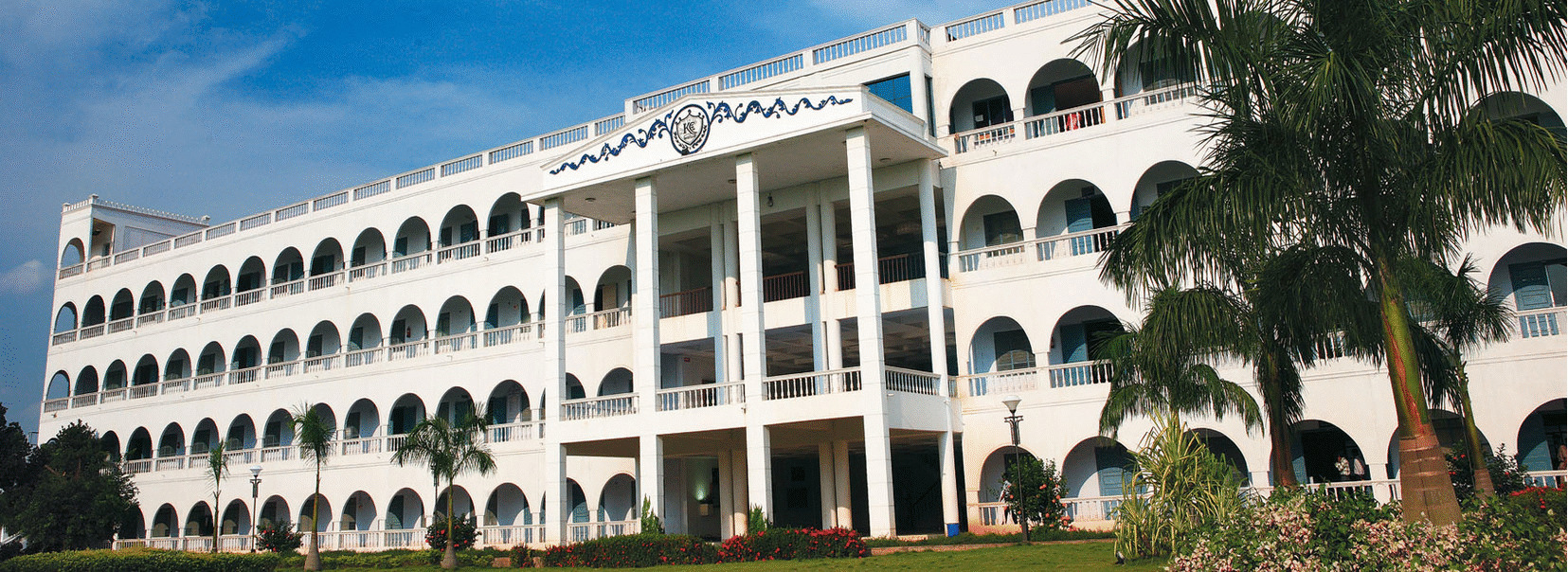A Masters programme in Thermal Engineering was started in the year 2010-11 in order to meet the demands of the industry.
Thermal Engineering is a panoptic field of engineering that entails technologies dealing with heating and cooling systems, heat transfer, and fluid mechanics. Instruments that control temperature are essential in many areas, including the electric power industry, the automobile industry, and the heating, ventilation, and air conditioning (HVAC) industry. The principles of thermal engineering are also crucial to the operation of vehicles and other machines.
Heat transfer is a major concern within the field of thermal engineering. The heating and cooling of liquids is important in many industrial settings, and constitutes another branch of thermal engineering. An engineer in this field must also understand fluid dynamics. Thermal engineers may be called upon to work in a number of different industries including the design of heating/cooling equipment, power management and optimization for power companies (gas, electric, nuclear etc) and also the development of renewable energies.
Energy conservation is a big issue in the modern world and thermal engineers are much sought after to work in a number of major industries from petrochemicals to renewable energies, and there is ample career prospects for anyone with an interest in engineering and environmental issues.

Lab Facilities-infra structure
Thermal Engineering Laboratory
This is one of the important labs which involve:
-
Computing properties of fuels and lubricating oils using suitable tests.
-
Demonstrate performance of internal combustion engines and air compressors.
-
Interpret emission characteristics of internal combustion engines.
-
Demonstrate conduction, convection and radiation concepts through various experiments.
-
Estimate size and types of heat exchangers.
-
Interpret heat transfer enhancement mechanisms.
The Major equipments used are:
-
Multi cylinder petrol engine
-
Multi cylinder diesel engine
-
Single cylinder petrol engine
-
Single cylinder diesel engine
-
Data Acquisition system
-
Steam Boiler and Turbine
-
Solar Water Heater
-
Bomb Calorimeter
-
Cooling Tower
-
Heat Pump
-
Refrigerator and Air Conditioner Test rig
-
Air Compressor
|